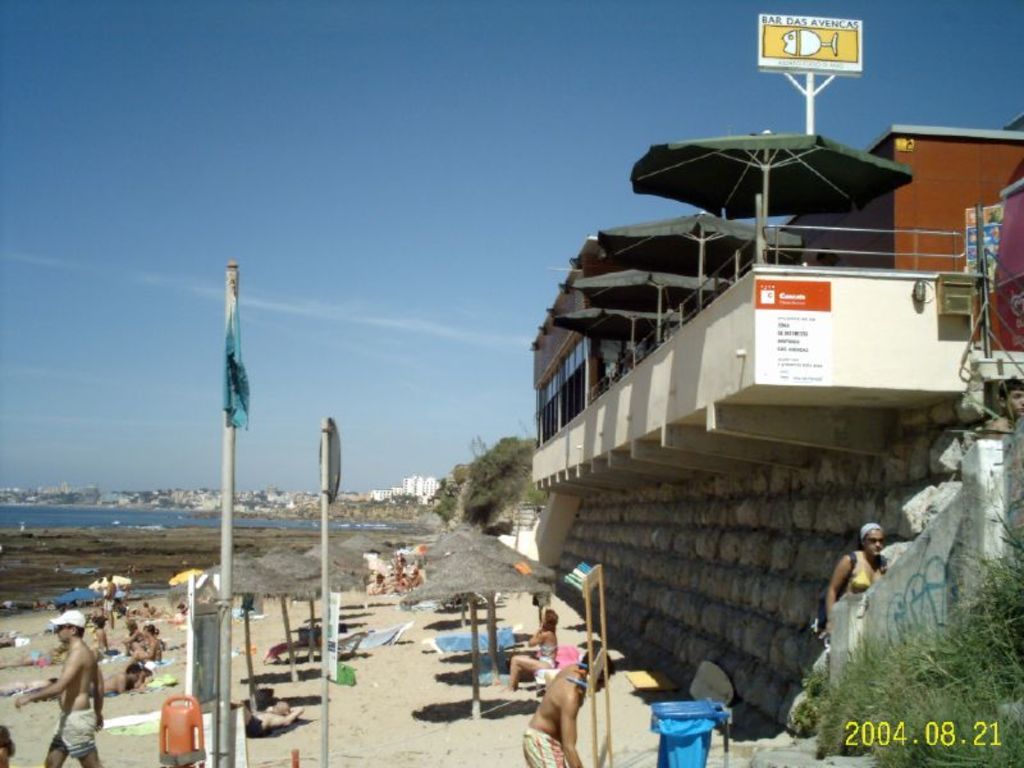Street Parking Spaces Vanish in NRW: A Revamp of Urban Scapes
Removing street-side parking spaces in North Rhine-Westphalia: The reasoning behind these changes. - Acknowledging the persistent elimination of road parking in North Rhine-Westphalia (NRW) and the reasons behind this trend.
Tired of squeezing your car into diminishing public parking spaces in NRW's bustling cities? Prepare for a major shakeup as street parking spaces give way to bike lanes, green spaces, and eateries. It's all part of a plan to overhaul urban environments, focusing on improved traffic safety and sustainability. But don't worry, parting with your beloved parking spot won't be a total loss— cities are working to provide alternatives to ease the transition.
The ADAC automobile club is urging municipalities to offer compensation for the lost spaces, arguing that car owners can't suddenly be left high and dry without an alternative parking solution.
Cologne is navigating turbulent waters as the transformation of street parking spaces stirs up discontent among its vehicle-owning residents. The fire department has complained that narrowed streets due to parked cars affect emergency vehicle passage, resulting in some 450 parking spaces being removed— just a fraction of the 23,000 managed parking spaces within the city's inner district. However, local officials assure us that the reduction in parking spaces will continue, with more street parking spaces sacrificed for cargo bikes, E-charging stations, car-sharing, and traffic safety measures.
Meanwhile, Münster is making a bold move towards environmentally friendly urbanity by reducing parking spaces for these same alternative transportation methods. So far, space for bike racks has been created on 150 former car parking spaces, with an additional 300 parking spaces earmarked for E-cars or car-sharing parking. In other areas, parked cars are being shifted to allow for a bike and bus-sharing lane. Münster's goal: a more climate-neutral city where cars take a back seat.
For Dortmund, the focus is on encouraging trips made without cars. The city aims to boost the number of journeys made by foot, bike, or public transport to two-thirds by 2030. To make it happen, they're willing to part with some parking space—over half of the 2,000 parking spaces managed within the city's central areas are slated for gradual removal over the next decade.
Concerned about traffic safety? Fear not: both Cologne and Dortmund are focusing on maintaining clearance for emergency vehicles in residential parking zones. Additionally, Dortmund is creating a wide cycle path from the Inner City Ring to the east wall, providing cyclists with a safe and convenient route.
But don't worry; the city isn't just tossing out parking spaces without a plan. In Westerfilde, a 3,300 square meter parking lot is planned for a transformation into an attractive city square by 2027. Bonn is converting parking space to create green spaces, pedestrian areas, and bike lanes along the Rhine embankment. Meanwhile, Duisburg's critics are being heard: relieved of parking spaces as part of larger urban development programs, a nearby parking garage is set to replace lost spaces, while over 600 citizen suggestions are under review.
Embracing this transformation may be necessary—and ADAC mobility expert Suthold says, "Stationary traffic is the central lever for the traffic revolution." However, by keeping the citizens engaged and collaborating on the transition, he emphasizes that the changes can be accomplished thoughtfully, avoiding unnecessary friction.
- To equip citizens with vocational skills for the changing urban landscape, some cities are offering community aid in the form of vocational training programs focused on sustainable transportation and environmental science.
- The revamp of urban scapes in NRW has sparked discussions on climate-change and its impact on the industry, necessitating a shift towards eco-friendly lifestyles.
- Finance experts warn of potential economic challenges as the reduction in parking spaces could affect the automotive and home-and-garden sectors, while transportation companies brainstorm ways to adapt to the new environmental-science based policies and legislation.
- Amidst the transformation, the role of politics is becoming increasingly essential in managing the transition, ensuring fair compensation for car owners while prioritizing traffic safety and sustainability.
- In the world of general-news, the revamp of urban spaces is a hot topic, sparking fierce debates on the balance between personal convenience and the greater good of the environment and community.
- As the focus shifts from cars to alternative transportation methods, it's evident that the future of cities lies in the integration of bike lanes, green spaces, eateries, E-charging stations, car-sharing, and a reduction in private vehicle ownership—a paradigm shift driven by the urgent need for climate action.








